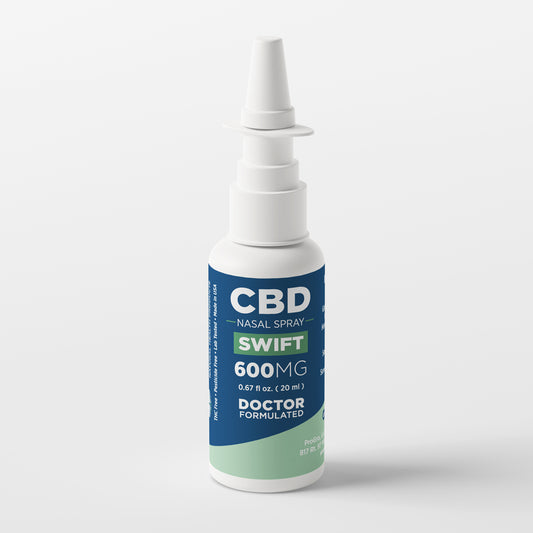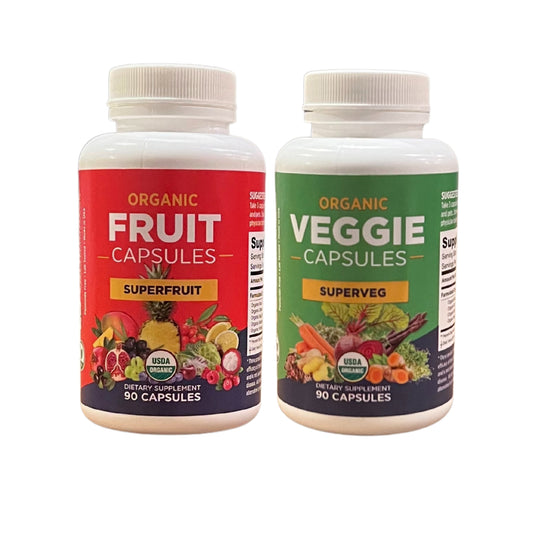What are Cannabinoids?
Definition and Explanation of Cannabinoids
Cannabinoids are natural compounds found in the cannabis plant. These molecules interact with the body’s endocannabinoid system (ECS), a network of receptors that regulate critical functions like mood, sleep, appetite, immune response, and pain management. While THC and CBD are the most well-known cannabinoids, there are over 100 others, including CBN (cannabinol) and CBG (cannabigerol).
Brief Overview of the Hemp Plant and Its Compounds
The hemp plant, a type of cannabis plant, is a rich source of cannabinoids. Hemp-derived products naturally contain low levels of THC (less than 0.3%) but high concentrations of other cannabinoids like CBD, CBG, and CBN. These compounds have distinct properties and effects, making hemp a versatile option for wellness products.
As research advances, scientists continue to discover new cannabinoids and better understand their role in supporting overall wellness. This emerging knowledge helps customers make informed choices when selecting products for pain relief, relaxation, and other wellness goals.
Importance of Understanding Cannabinoids for Potential Benefits
Each cannabinoid has unique effects and potential benefits. Understanding the differences between CBN, CBD, and CBG is essential for:
-
Addressing specific wellness goals like pain relief, sleep, and anxiety.
-
Choosing the right product to target chronic pain or inflammation.
-
Enhancing overall well-being through the natural properties of the hemp plant.
Research into cannabinoids is ongoing, uncovering their potential for improving pain management, reducing inflammation, and providing neuroprotective benefits.
CBN, CBD, and CBG: Individual Profiles
CBN: Potential Benefits for Sleep and Relaxation
CBN (cannabinol) is a minor cannabinoid that forms as THC ages and breaks down over time. Because of this, older cannabis plants tend to contain higher levels of CBN.
-
Psychoactive Properties: CBN is mildly psychoactive, though much less potent than THC. It does not produce strong psychoactive effects but may contribute to relaxation and sedation.
-
Sedative Effects: CBN is often used in products designed to promote sleep. It works well when combined with other cannabinoids, enhancing the calming effects of CBD and terpenes.
-
Potential Benefits: Beyond aiding sleep, CBN is being studied for its potential to support bone health, reduce inflammation, and provide mild pain relief.
CBN is ideal for individuals looking for natural sleep solutions without the stronger psychoactive effects of THC.
CBD: Potential Benefits for Chronic Pain and Pain Relief
CBD (cannabidiol) is one of the most widely recognized cannabinoids and is known for its non-psychoactive properties. Extracted from hemp, CBD offers a wide range of therapeutic benefits.
-
Pain Relief and Inflammation: CBD interacts with cannabinoid receptors in the ECS to help manage chronic pain and inflammation. It is commonly used for arthritis, muscle soreness, and other conditions.
-
Neuroprotective Properties: CBD is being researched for its potential to protect the brain and nervous system. It shows promise for neurological disorders like epilepsy, which led to FDA approval for specific CBD-based medications.
-
General Wellness: CBD may support overall wellness by reducing anxiety, improving sleep quality, and promoting balance within the body.
As a versatile cannabinoid, CBD is suitable for anyone looking to manage stress, pain, or inflammation naturally.
CBG: Unique Characteristics and Potential Benefits
CBG (cannabigerol) is often referred to as the “mother cannabinoid” because it is a precursor to other cannabinoids, including CBD and THC. While CBG is typically present in low quantities, it offers unique benefits.
-
Anti-Inflammatory Properties: CBG may help reduce inflammation, making it useful for managing conditions like inflammatory bowel disease and chronic pain.
-
Neuroprotective Properties: Early studies show CBG’s potential to protect brain cells and improve neurological function, particularly in conditions like Huntington’s disease.
-
Non-Psychoactive Effects: Like CBD, CBG does not produce psychoactive effects, making it safe for daily use.
Because CBG interacts uniquely with ECS receptors, it holds promise for a variety of therapeutic applications, including pain management and neuroprotection.
Similarities and Differences Between CBN, CBD, and CBG
Key Differences in Effects and Uses
While all three cannabinoids interact with the ECS, their effects and uses differ:
-
CBN: Best known for its sedative effects and potential to improve sleep quality.
-
CBD: Widely used for chronic pain relief, reducing anxiety, and supporting general wellness.
-
CBG: Offers anti-inflammatory and neuroprotective properties, with emerging research on its role in pain management and neurological health.
Each cannabinoid targets different health concerns, making them suitable for individual or combined use depending on wellness goals.
Combining CBN, CBD, and CBG
Benefits and Risks of Combining Cannabinoids
Combining cannabinoids may enhance their overall effects through what’s known as the entourage effect. For example:
-
Together, CBD and CBN can improve relaxation and sleep quality
-
CBG and CBD may work synergistically to reduce inflammation and manage pain.
While combining cannabinoids can provide comprehensive benefits, it’s important to start with small doses to gauge individual reactions and avoid any unintended side effects.
How to Choose the Right Combination for Individual Needs
Choosing the right combination depends on your specific health goals:
-
For sleep: Focus on products containing CBN and CBD.
-
For pain relief: Look for CBD and CBG-based solutions.
-
For inflammation: Opt for CBG and CBD products.
Consulting a healthcare professional can also help you determine the best approach for your needs.
Choosing the Right Product
Factors to Consider When Selecting a Product
To ensure quality and effectiveness, consider the following when choosing cannabinoid products:
-
Source: Look for hemp-derived products that comply with legal THC limits.
-
Quality: Opt for products made from sustainably grown hemp.
-
Transparency: Choose brands that provide third-party lab testing to verify purity, potency, and safety.
Farmulated’s products are crafted with care, using high-quality hemp plants to ensure maximum benefits for customers.
Importance of Quality and Sourcing in Hemp Plant-Based Products
The quality of the hemp plant and extraction methods directly impact the product’s effectiveness. Farmulated prioritizes organic farming practices and clean extraction techniques, ensuring their products meet the highest standards in the market.
Legality and Accessibility
Current Laws and Regulations Surrounding Cannabinoids
Under the 2018 Farm Bill, hemp-derived cannabinoids like CBD, CBG, and CBN are legal in the United States as long as they contain less than 0.3% THC. This legislation has significantly expanded access to hemp-based wellness products nationwide.
Future Outlook for Cannabinoid Regulation
As research progresses, regulations around cannabinoids will likely evolve. This could lead to greater acceptance, improved products, and broader applications for cannabinoids like CBN, CBD, and CBG.
In Conclusion
Understanding the differences between CBN, CBD, and CBG is key to choosing the right cannabinoid for your wellness journey. Whether you’re seeking pain relief, improved sleep, or inflammation support, each cannabinoid offers unique benefits. By selecting high-quality, hemp-derived products from trusted brands like Farmulated, you can experience the natural potential of cannabinoids to support optimal health and balance.





